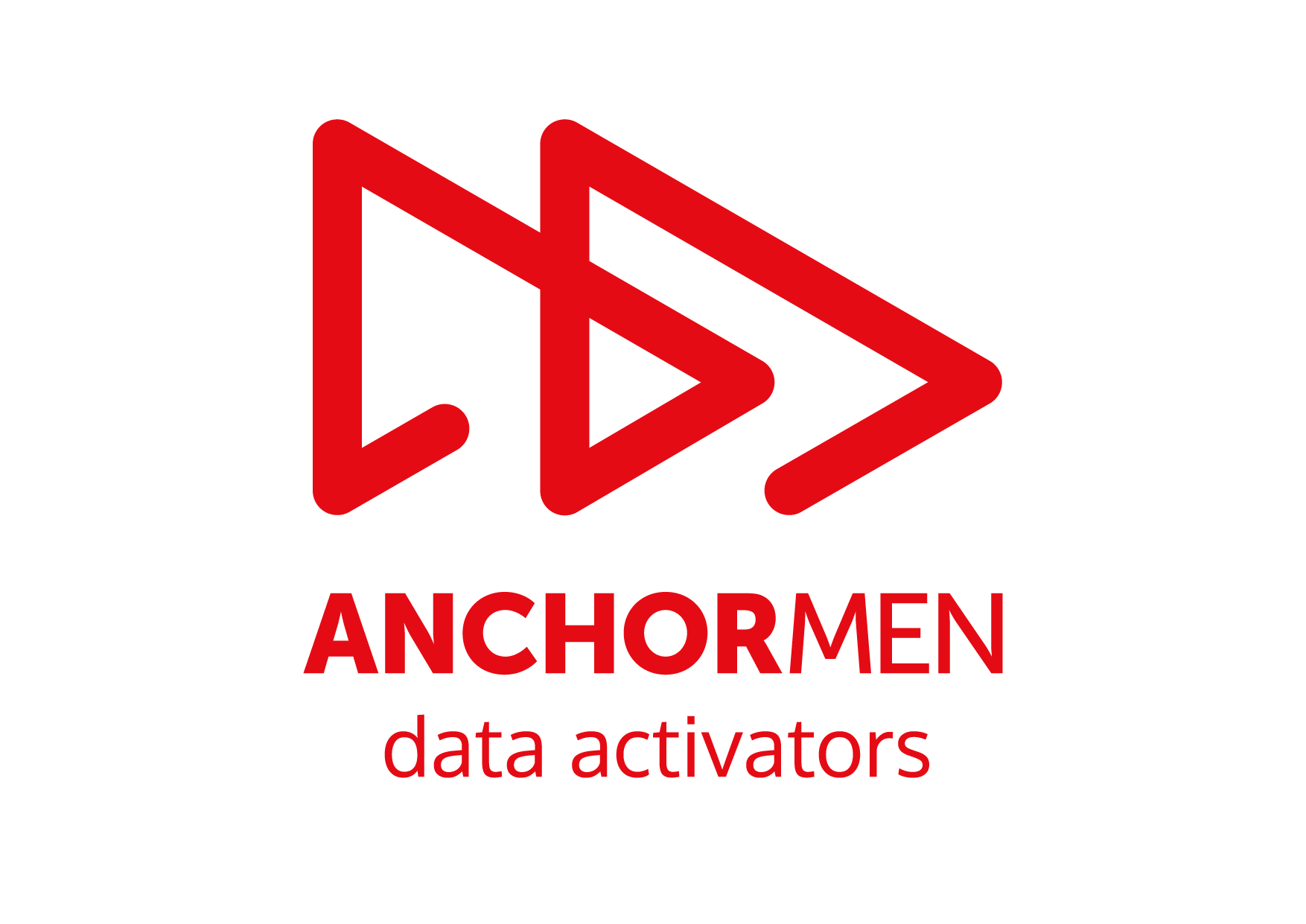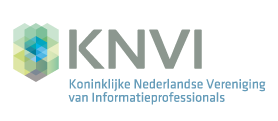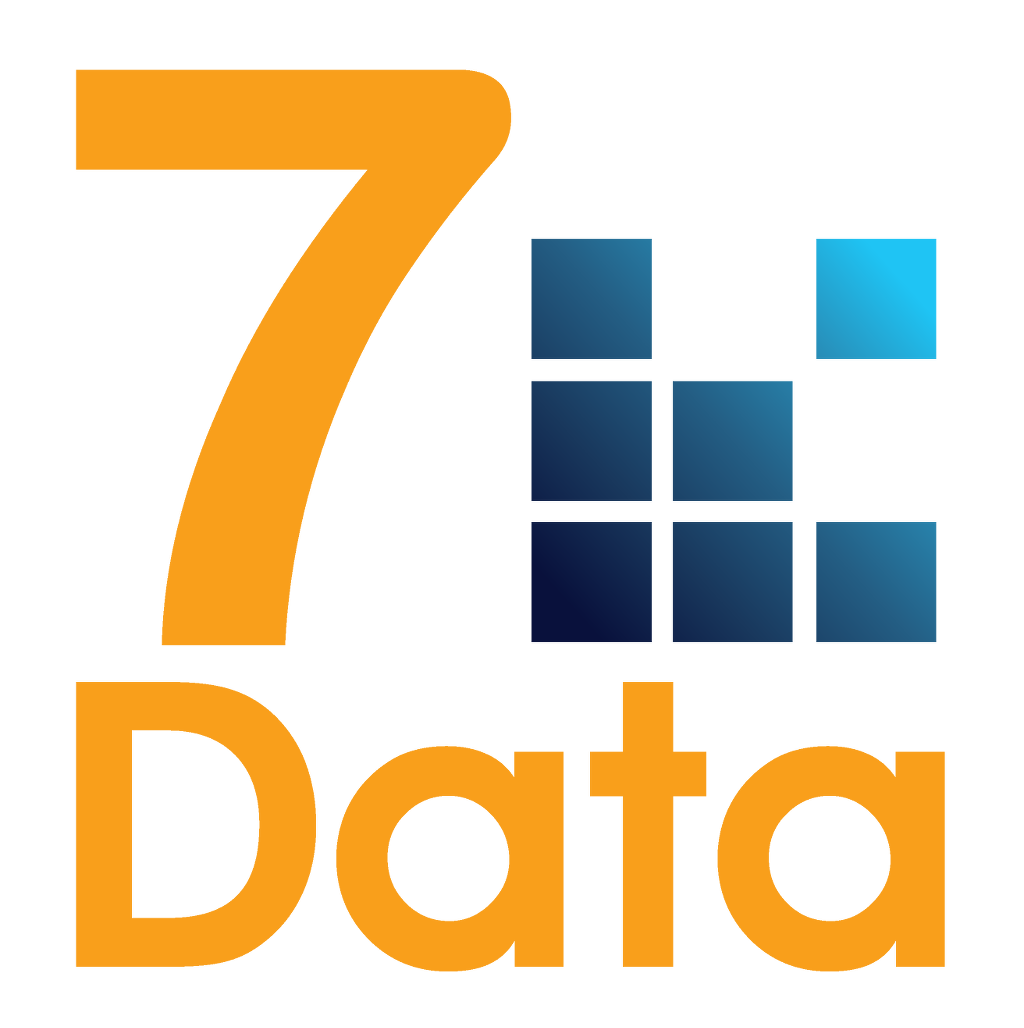Concept Modelling for Business Analysts [English spoken]
Whether you call it a conceptual data model, a domain model, a business object model, or even a “thing model,” the concept model is seeing a worldwide resurgence of interest. Why? Because a concept model is a fundamental technique for improving communication among stakeholders in any sort of initiative. Sadly, that communication often gets lost – in the clouds, in the weeds, or in chasing the latest bright and shiny object. Having experienced this, Business Analysts everywhere are realizing Concept Modelling is a powerful addition to their BA toolkit. This session will even show how a concept model can be used to easily identify use cases, user stories, services, and other functional requirements.
Realizing the value of concept modelling is also, surprisingly, taking hold in the data community. “Surprisingly” because many data practitioners had seen concept modelling as an “old school” technique. Not anymore! In the past few years, data professionals who have seen their big data, data science/AI, data lake, data mesh, data fabric, data lakehouse, etc. efforts fail to deliver expected benefits realise it is because they are not based on a shared view of the enterprise and the things it cares about. That’s where concept modelling helps. Data management/governance teams are (or should be!) taking advantage of the current support for Concept Modelling. After all, we can’t manage what hasn’t been modelled!
The Agile community is especially seeing the need for concept modelling. Because Agile is now the default approach, even on enterprise-scale initiatives, Agile teams need more than some user stories on Post-its in their backlog. Concept modelling is being embraced as an essential foundation on which to envision and develop solutions. In all these cases, the key is to see a concept model as a description of a business, not a technical description of a database schema.
This workshop introduces concept modelling from a non-technical perspective, provides tips and guidelines for the analyst, and explores entity-relationship modelling at conceptual and logical levels using techniques that maximise client engagement and understanding. We’ll also look at techniques for facilitating concept modelling sessions (virtually and in-person), applying concept modelling within other disciplines (e.g., process change or business analysis,) and moving into more complex modelling situations.
Drawing on over forty years of successful consulting and modelling, on projects of every size and type, this session provides proven techniques backed up with current, real-life examples.
Topics include:
- The essence of concept modelling and essential guidelines for avoiding common pitfalls
- Methods for engaging our business clients in conceptual modelling without them realizing it
- Applying an easy, language-oriented approach to initiating development of a concept model
- Why bottom-up techniques often work best
- “Use your words!” – how definitions and assertions improve concept models
- How to quickly develop useful entity definitions while avoiding conflict
- Why a data model needs a sense of direction
- The four most common patterns in data modelling, and the four most common errors in specifying entities
- Making the transition from conceptual to logical using the world’s simplest guide to normalisation
- Understand “the four Ds of data modelling” – definition, dependency, demonstration, and detail
- Tips for conducting a concept model/data model review presentation
- Critical distinctions among conceptual, logical, and physical models
- Using concept models to discover use cases, business events, and other requirements
- Interesting techniques to discover and meet additional requirements
- How concept models help in package implementations, process change, and Agile development
Learning Objectives:
- Understand the essential components of a concept model – things (entities) facts about things (relationships and attributes) and rules
- Use entity-relationship modelling to depict facts and rules about business entities at different levels of detail and perspectives, specifically conceptual (overview) and logical (detailed) models
- Apply a variety of techniques that support the active participation and engagement of business professionals and subject matter experts
- Develop conceptual and logical models quickly using repeatable and Agile methods
- Draw an Entity-Relationship Diagram (ERD) for maximum readability
- Read a concept model/data model, and communicate with specialists using the appropriate terminology.
Speakers
Rick van der Lans
Donald Farmer
Mike Ferguson
Jan Henderyckx
Emiel van Bockel
Sam Wouters
Erik Fransen
Majken Sander
Gold and Platinum Partners
Exhibitors & Media partners
“Good quality content from experienced speakers. Loved it!”
Rotterdam University of Applied Sciences
“As always a string of relevant subjects and topics.”
Het Consultancyhuis
“Longer sessions created room for more depth and dialogue. That is what I appreciate about this summit.”
Erasmus MC
“Inspiring summit with excellent speakers, covering the topics well and from different angles. Organization and venue: very good!”
The Hague Municipality
“Inspiring and well-organized conference. Present-day topics with many practical guidelines, best practices and do's and don'ts regarding information architecture such as big data, data lakes, data virtualisation and a logical data warehouse.”
Closesure
“A fun event and you learn a lot!”
Centric
“As a BI Consultant I feel inspired to recommend this conference to everyone looking for practical tools to implement a long term BI Customer Service.”
iConsultancy
“Very good, as usual!”
biim











